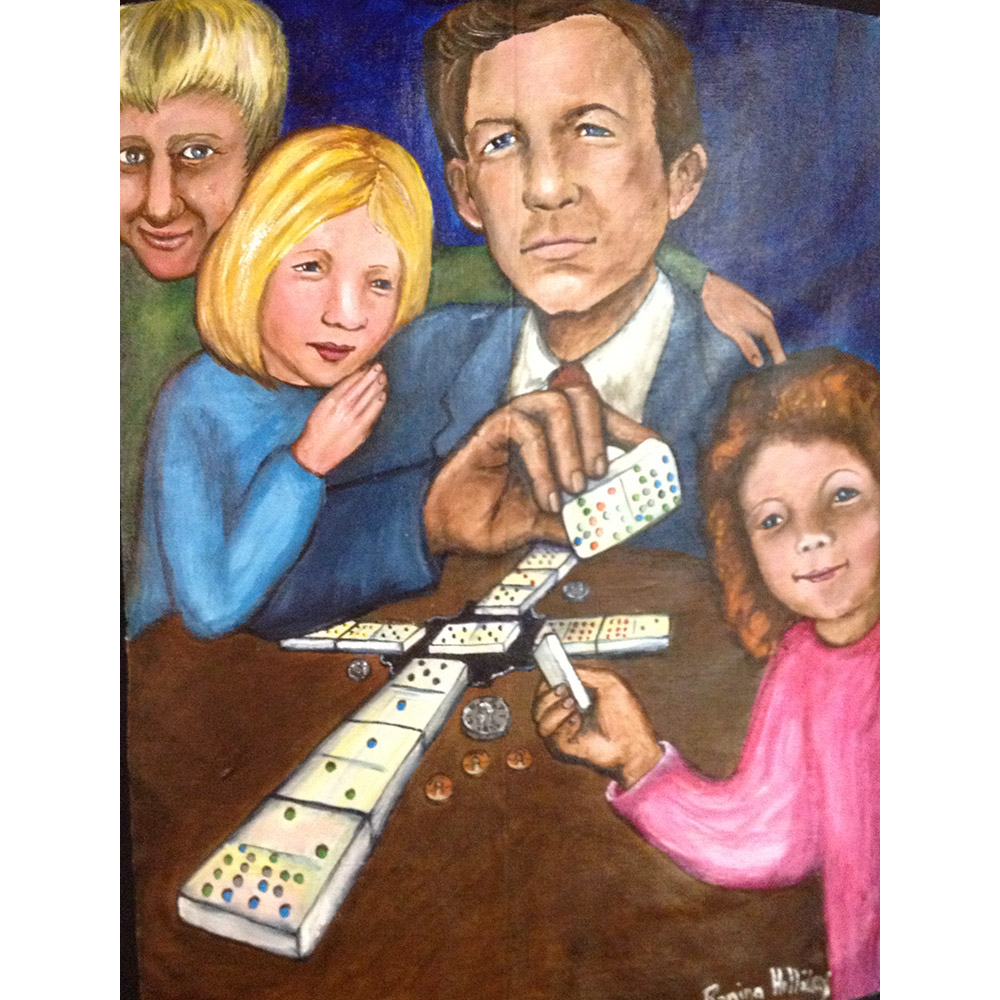
I’m honoring the contributions of my community colleagues over the years by pulling out some of their best comments and quotes.
 Ian Eslick, in response to Peer-to-peer Healthcare: Crazy. Crazy. Crazy. Obvious. (2011)
Ian Eslick, in response to Peer-to-peer Healthcare: Crazy. Crazy. Crazy. Obvious. (2011)
There are many kinds of information that can be gleaned through the lens of science, and not all of them need to be the universal assertions of cause and effect clinical trials emphasize.
This explosion of kind of knowledge and methodologies for acquisition emerges from the intersection of new technologies for observation (personal devices & data mining), cheap computation, near universal human and machine connectivity (observations, peer review and collaboration), and the changes in culture (social games, collective intelligence, e-patients, citizen science) that are rooted in the worth and autonomy of the individual.
These technologies can and are being combined in a myriad of ways by everyone from traditional healthcare institutions to government to the non-profit and for-profit sectors; I believe that institutional culture is slowly opening up to the notion that we can still learn a great deal even if we can’t make universal assertions from perfectly run clinical studies.
For example, I’m seeing numerous institutional scenarios where the everyday life of the individual is a rich source of information, properly harnessed and this data can help the individual, inform other people’s decisions, and motivate the institutions of science to ask better questions. I think we’ll be hearing more “obvious” and less “crazy” in the years to come.
Note: The featured image is Ian’s jacket from The Walking Gallery, “The Highest Double,” painted by Regina Holliday.
Leave a Reply